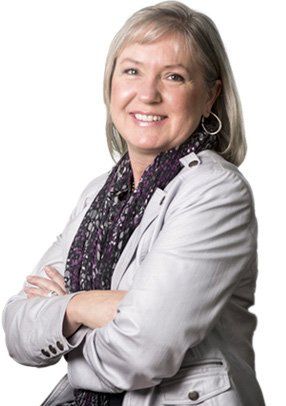How Much Difference Will Extra Payments Make Towards My Mortgage?
Have you ever wondered how much difference extra payments actually make in paying down your mortgage? Let’s take a look and maybe do a little math.
The first (and largest) factor to look at is the amortization, which is the remainder of your mortgage’s life. A majority of mortgages today start with 25-year amortizations. If you have made only regular payments for 5 years on a 25-year mortgage, your remaining amortization will be 20 years. Pretty simple, right?
Someone making an extra payment on a mortgage with 20 years left will save WAY more interest than someone making the same payment on a mortgage with 5 years left. The more years remaining on a mortgage, the more impact your extra payment will make.
The second factor to keep in mind is the mortgage interest rate. Your interest rate will change many times over the life of your mortgage, divided up by mortgage terms. If you agree to a 5-year term, you will only have that interest rate for 5 years, and then it will be time to renew at a different interest rate. At the time of this writing, mortgage rates are exceptionally low (even after some recent increases in 2018), and based on the last rate decision from the Bank of Canada on April 24/2019, they do not appear to be increasing anytime in 2019.
So what does that mean for you? Well, it depends if you are renewing this year, or 3 years from now. If you are renewing this year, you may want to consider your investment options for a lump sum amount, as opposed to paying down your mortgage. Paying down your mortgage makes the most sense when your amortization is high, and interest rates are also high (or going higher). If you’re renewing in three years time, then you may still want to consider paying down your mortgage, especially if you think mortgage rates will be higher at your renewal. The more you can pay when your mortgage is below 4%, the better payoff it will be if rates increase above 5%.
This is all conjecture and guesswork, especially when deciding between paying down your mortgage or investing more. However, mortgage rates have been abnormally low for a while now, and for whatever reason, the government of Canada selected a benchmark rate above 5% to qualify for a mortgage. Where interest rates go is anyone’s best guess, but it’s nice to be ahead of the game on your mortgage than trying to play catch-up with higher interest rates.
So let’s talk dollar amounts. For all of my examples, I’m going to use a $250,000 mortgage at 3.49% with 20 years remaining – that works out to a payment of $1445.40. If you switch to an accelerated bi-weekly, you’ll pay $722.70 every two weeks (half of the monthly amount), but you’ll save over $12,000 over the next 20 years because you will be making a couple of extra payments per year. Those payments really add up.
With the same mortgage (back on the regular monthly payment), let’s say you have $10,000 floating around your accounts, and you decide to use that money to pay down your mortgage. You’ll have saved around $9,500 in interest thanks to that payment. If you did BOTH the accelerated bi-weekly schedule and the $10,000 payment, it combines to over $20,000 of saved interest.
One more calculation with this mortgage – let’s say that, instead of any of the options described here, you decide to increase the monthly payment from $1445.40 to $1600 even. In just the 5 years time, you would save almost $6000 in interest over the life of the entire mortgage. But if mortgage rates stayed the same for the entire life of the mortgage, and you kept up the additional payment of only $154.60/month, you would pay off the mortgage 3.5 years sooner, AND save almost $15,000 in interest.
In summary, paying down your mortgage can feel good, both in your mind and in your wallet. It makes the most sense to pay down your mortgage when both amortization and interest rates are high. It can sometimes be difficult choosing between investing more and paying down your mortgage, but you can think of your mortgage interest rate as a guaranteed return, which is typically better than your GIC options.
If you’d like to discuss your financial situation and and want to review your mortgage to make sure you have the best mortgage available, contact me anytime!
Recent Posts


CONTACT
Phone or Text:
TF Phone or Fax:
Assured Mortgage Services
Head Office:
4040 Steeles Ave West
Suite 208
Vaughan, ON L4L 4Y5
Phone:
416-934-8555
MORE
Anita Groves Assured Mortgage Services. All Rights Reserved



